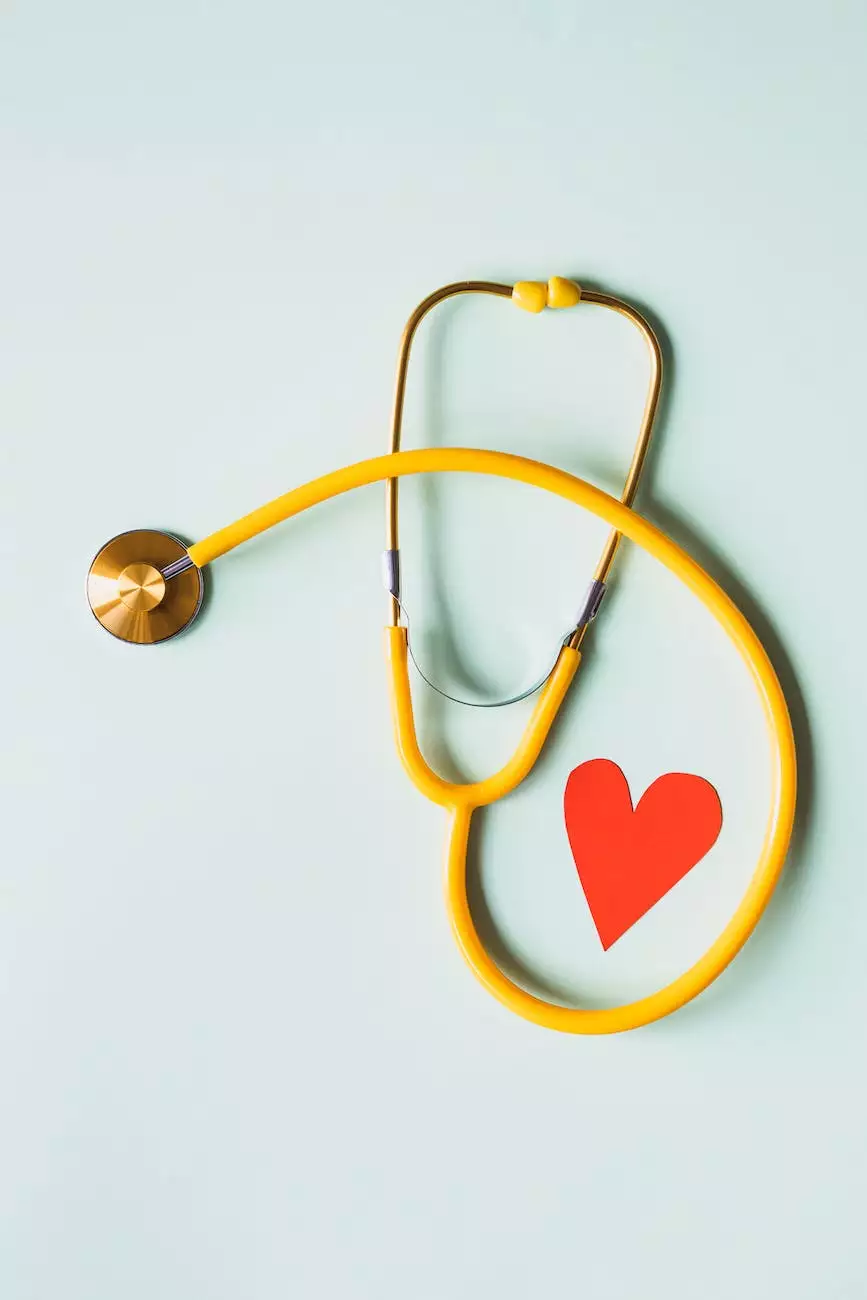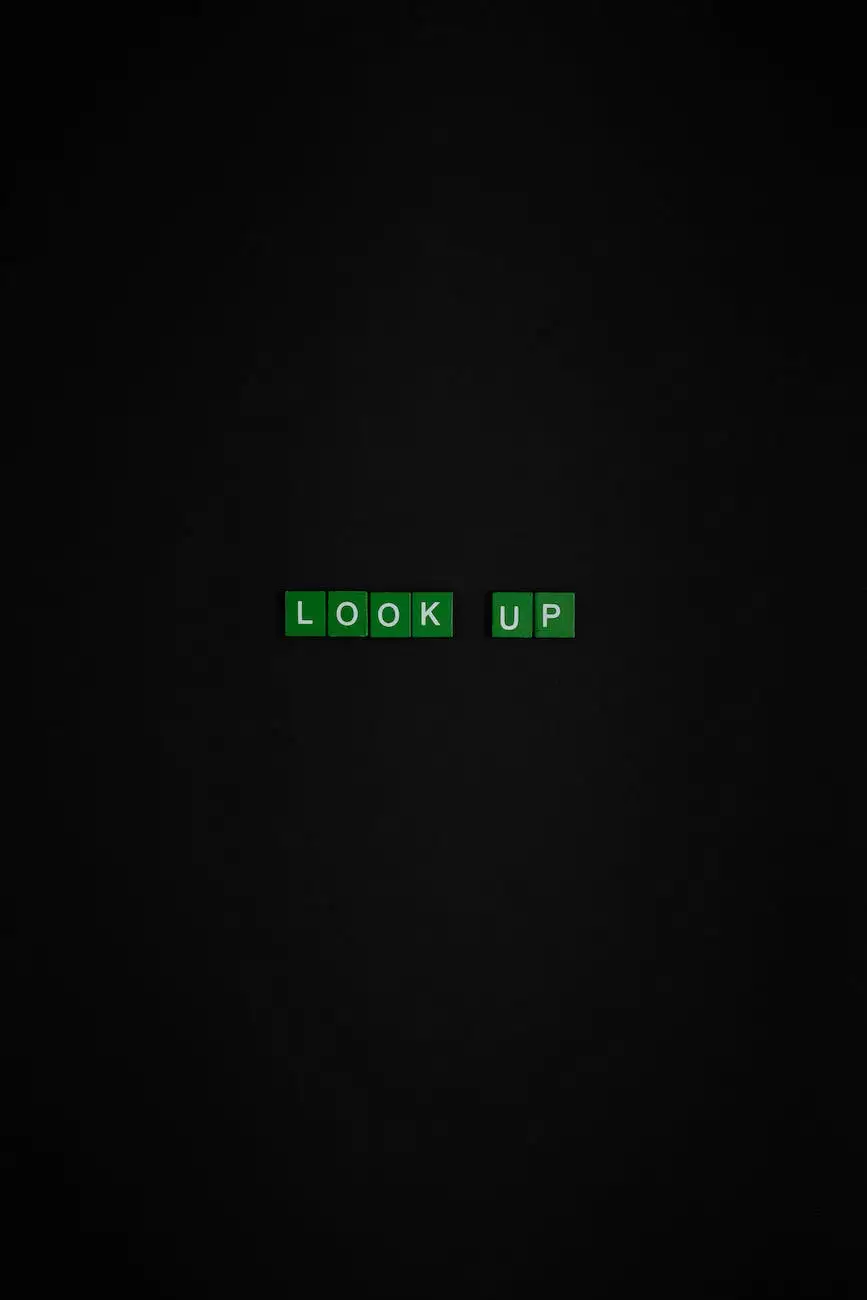Understanding High Blood Pressure

At TrueNorth Health Center, we understand the importance of managing high blood pressure for optimal health. In this article, Michael Finley, CNHP, provides comprehensive information, tips, and solutions to help you gain a deep understanding of high blood pressure.
The Basics of High Blood Pressure
High blood pressure, also known as hypertension, is a common condition in which the force of blood against the walls of your arteries is consistently too high. If left uncontrolled, it can lead to serious health complications such as heart disease, stroke, and kidney problems.
There are two main types of high blood pressure: primary (essential) hypertension and secondary hypertension. Primary hypertension is the most common type and develops gradually over time due to a combination of factors including age, genetics, and lifestyle choices. Secondary hypertension, on the other hand, is caused by an underlying medical condition.
Causes and Risk Factors
While the exact cause of primary hypertension is often unknown, several risk factors contribute to its development. These include:
- Age: High blood pressure is more likely to occur as you get older.
- Family history: If your parents or close relatives have high blood pressure, you may be more prone to developing it.
- Unhealthy diet: A diet high in sodium, cholesterol, and saturated fats can increase your blood pressure.
- Physical inactivity: Lack of regular exercise can contribute to high blood pressure.
- Obesity: Being overweight or obese increases your risk of developing high blood pressure.
- Stress: Chronic stress can contribute to elevated blood pressure levels.
- Smoking: Smoking damages your blood vessels and raises your blood pressure.
It's essential to identify and manage these risk factors to prevent or control high blood pressure effectively.
Signs and Symptoms
In most cases, high blood pressure is a silent condition, meaning it often does not present any noticeable symptoms. However, some individuals may experience the following signs:
- Headaches
- Dizziness
- Shortness of breath
- Nosebleeds
- Chest pain
- Blurred vision
It's crucial to note that these symptoms are not exclusive to high blood pressure and can be associated with other health issues. Regular blood pressure monitoring is the best way to detect and manage this condition.
Diagnosis and Treatment
To diagnose high blood pressure, your healthcare provider will measure your blood pressure using a device called a sphygmomanometer. They will also evaluate your medical history, perform a physical examination, and may order additional tests to determine the underlying cause of your condition.
Treatment for high blood pressure typically involves a combination of lifestyle modifications and medications. Lifestyle changes may include:
- Adopting a healthy diet rich in fruits, vegetables, whole grains, and lean proteins
- Reducing sodium intake
- Incorporating regular physical activity into your routine
- Managing stress through relaxation techniques
- Avoiding tobacco and excessive alcohol consumption
Depending on the severity of your high blood pressure, your healthcare provider may also prescribe medications to help lower your blood pressure and reduce your risk of complications.
Prevention and Management
Preventing and effectively managing high blood pressure is crucial for your overall well-being. Here are some additional tips and strategies:
- Maintain a healthy weight through proper nutrition and regular exercise.
- Monitor and control your blood pressure regularly.
- Limit your sodium intake and opt for low-sodium alternatives in your diet.
- Include stress-reducing activities in your daily routine, such as meditation or yoga.
- Avoid smoking and limit alcohol consumption.
- Stay consistent with medications prescribed by your healthcare provider.
Conclusion
High blood pressure is a prevalent condition that requires proper understanding and management for optimal health. By implementing a healthy lifestyle, monitoring your blood pressure, and following the guidance of healthcare professionals like Michael Finley, CNHP, you can effectively prevent and control high blood pressure, reducing the risk of its associated complications.










